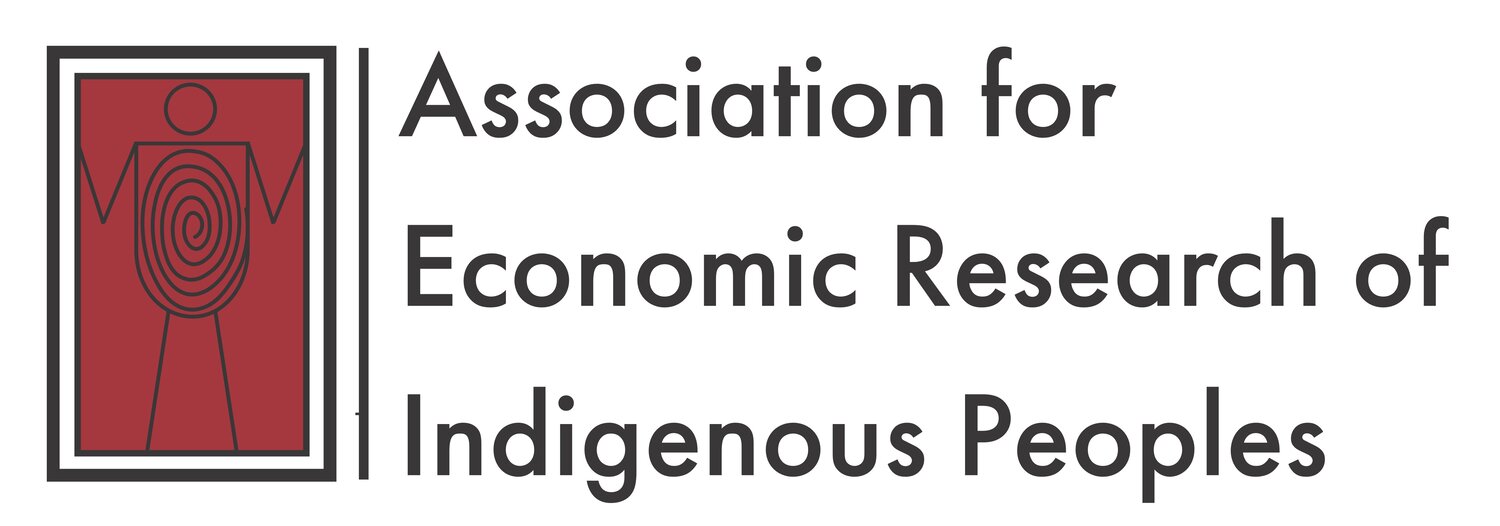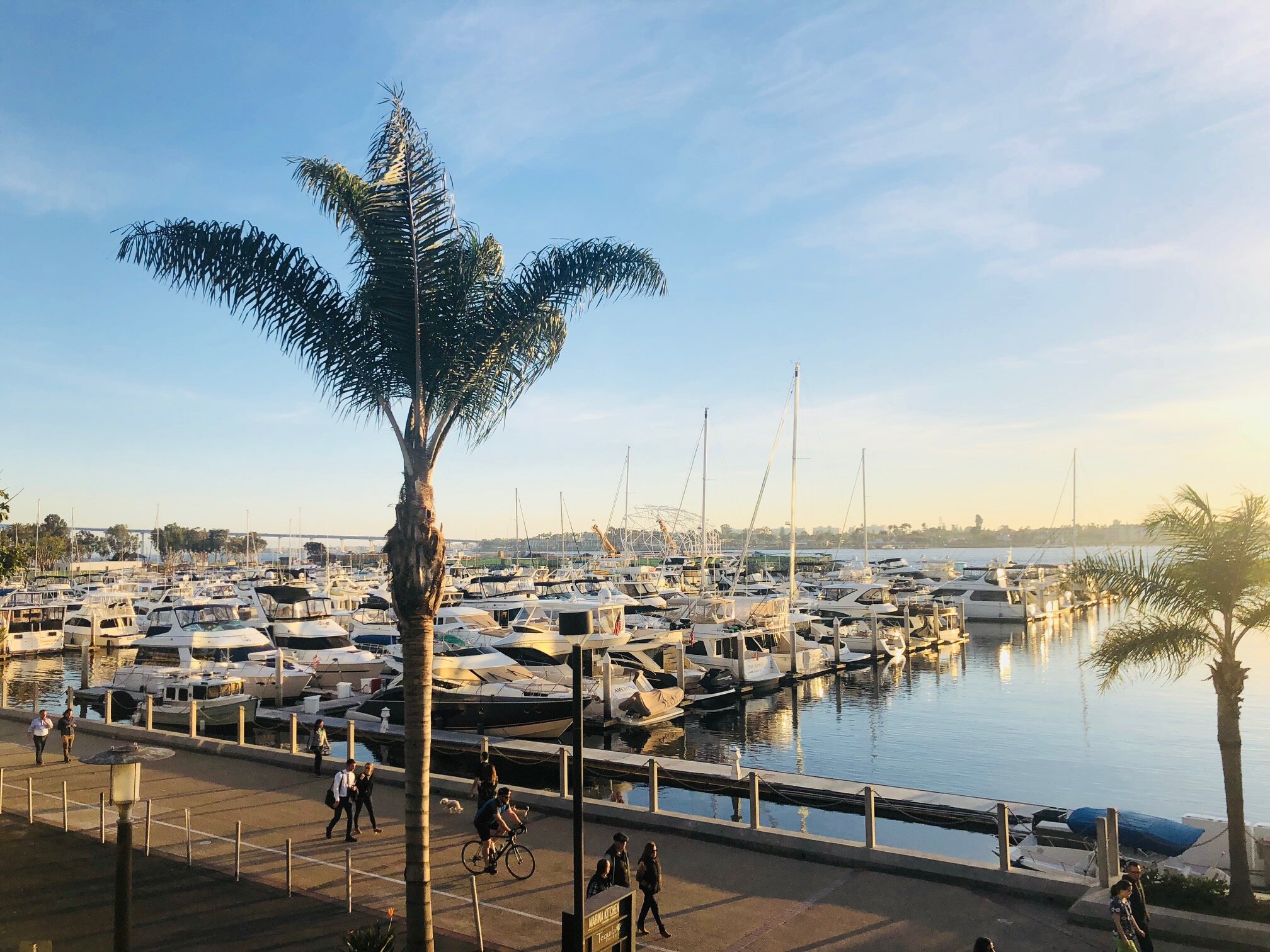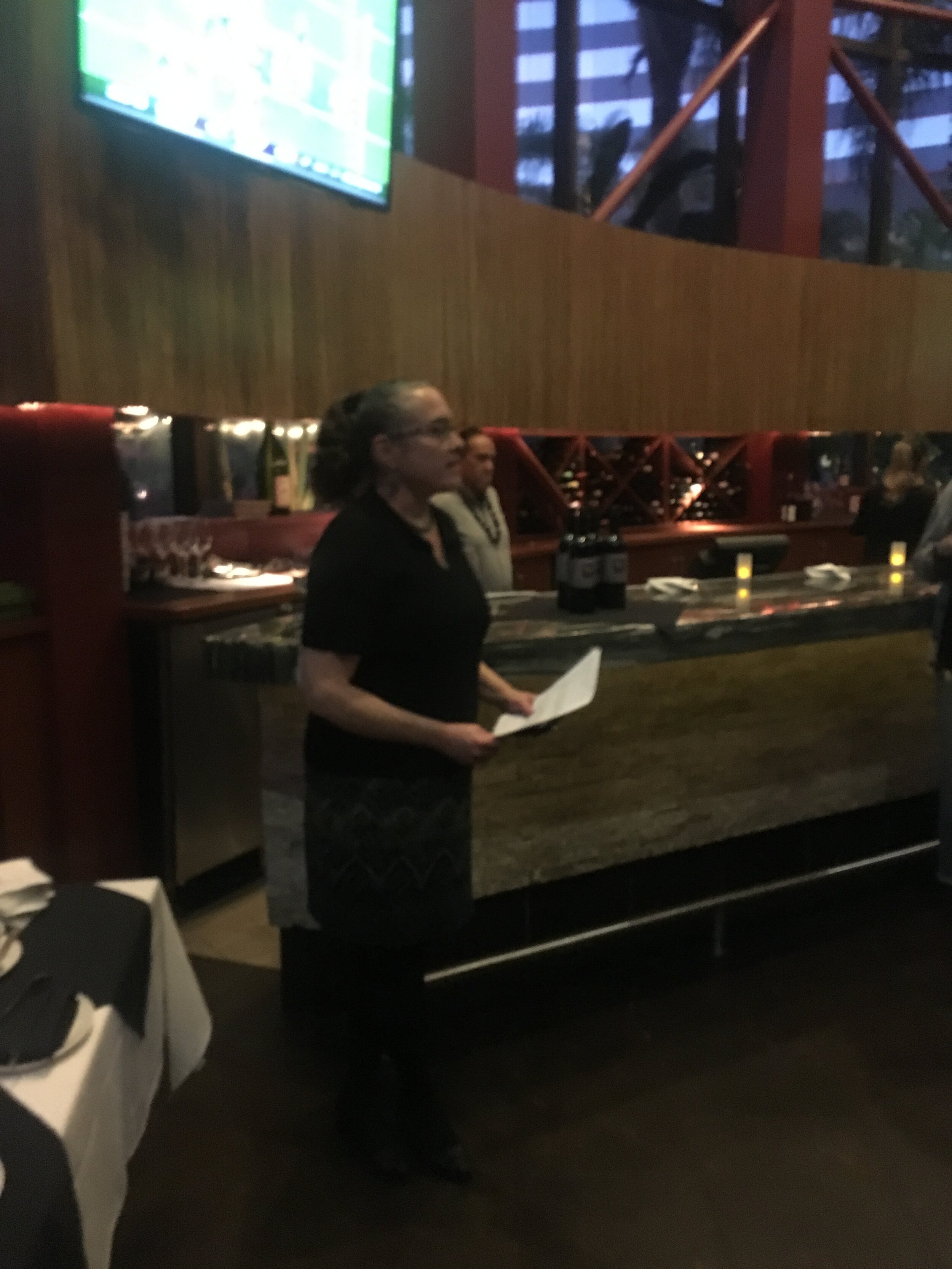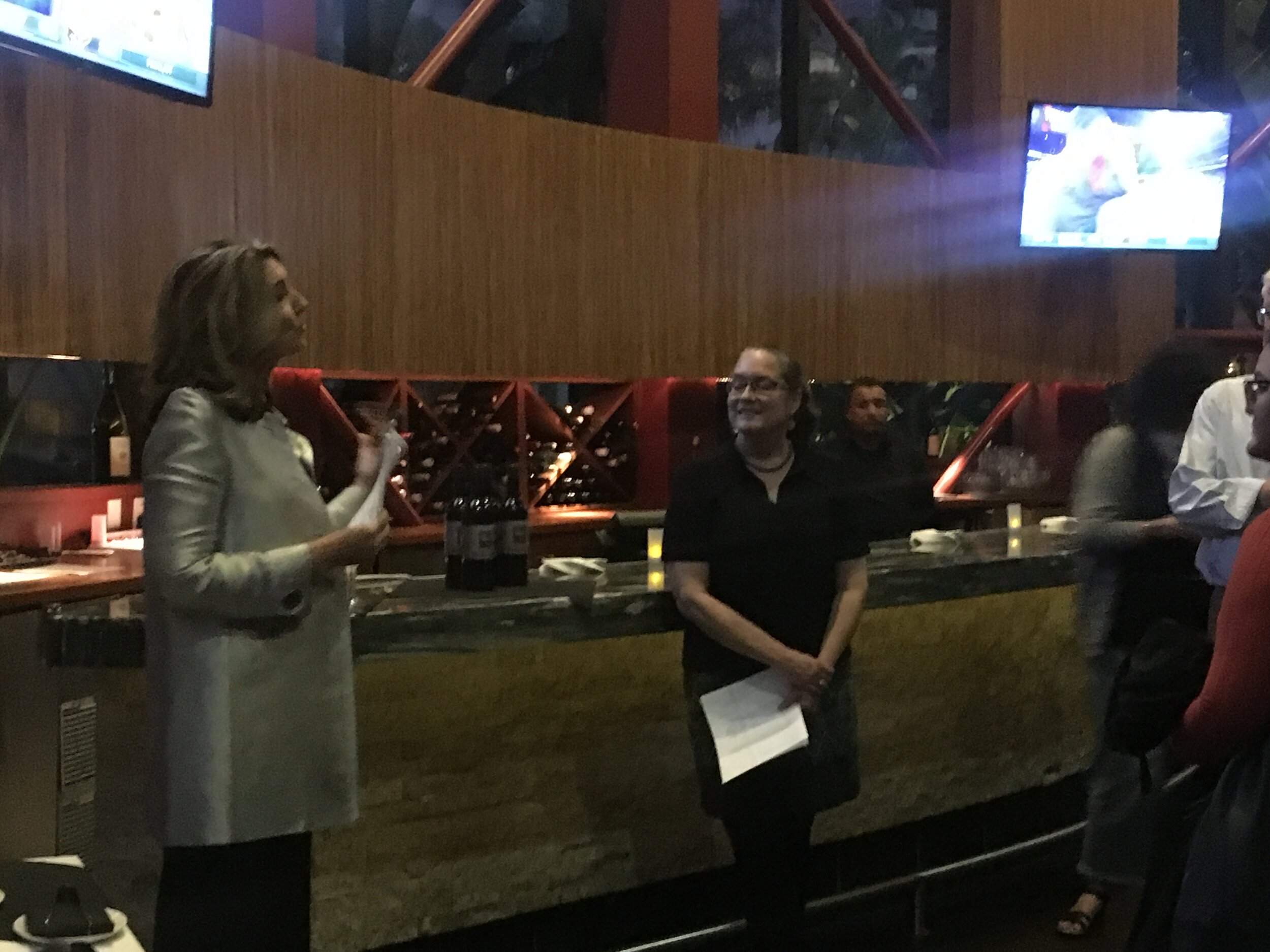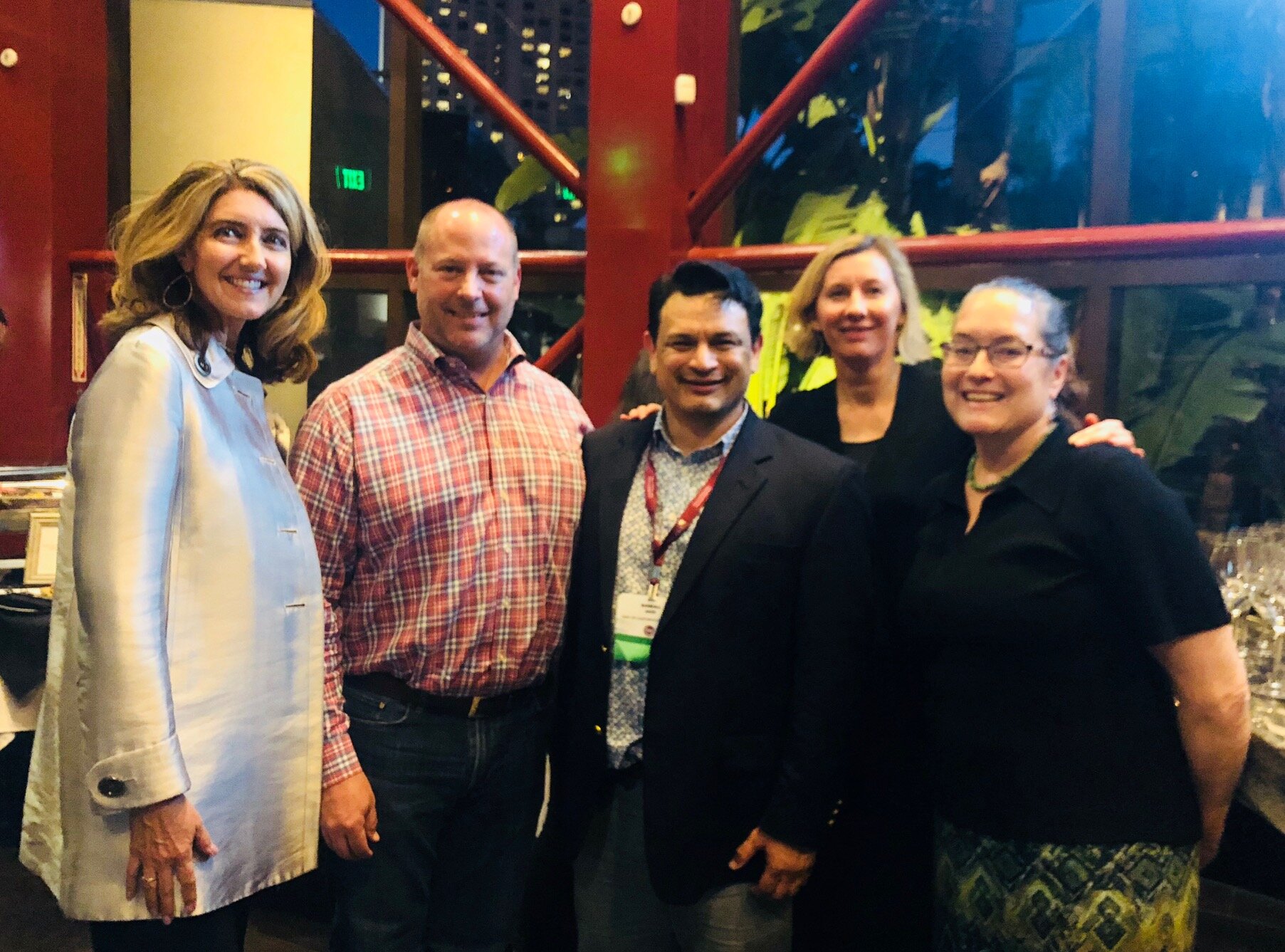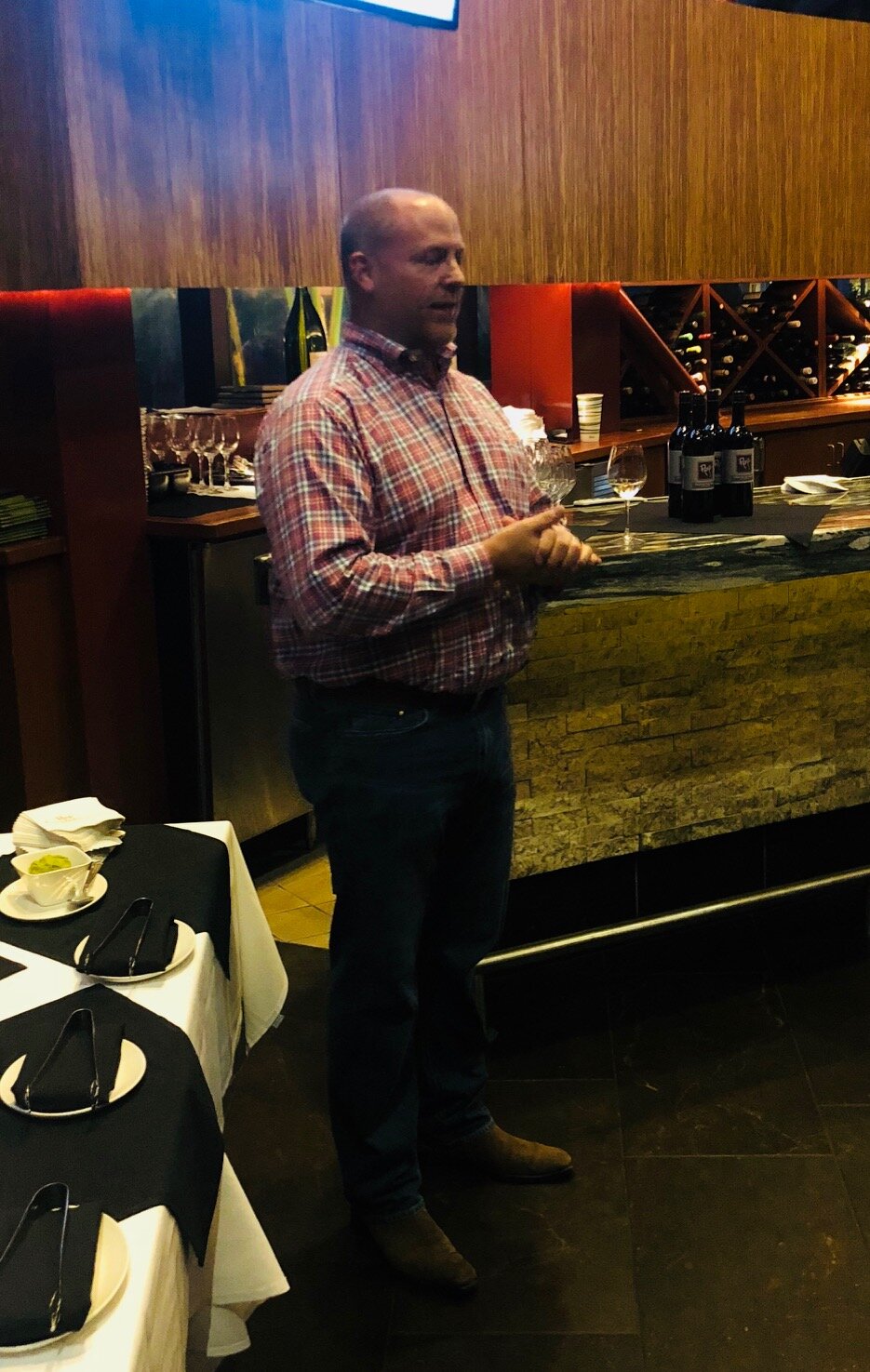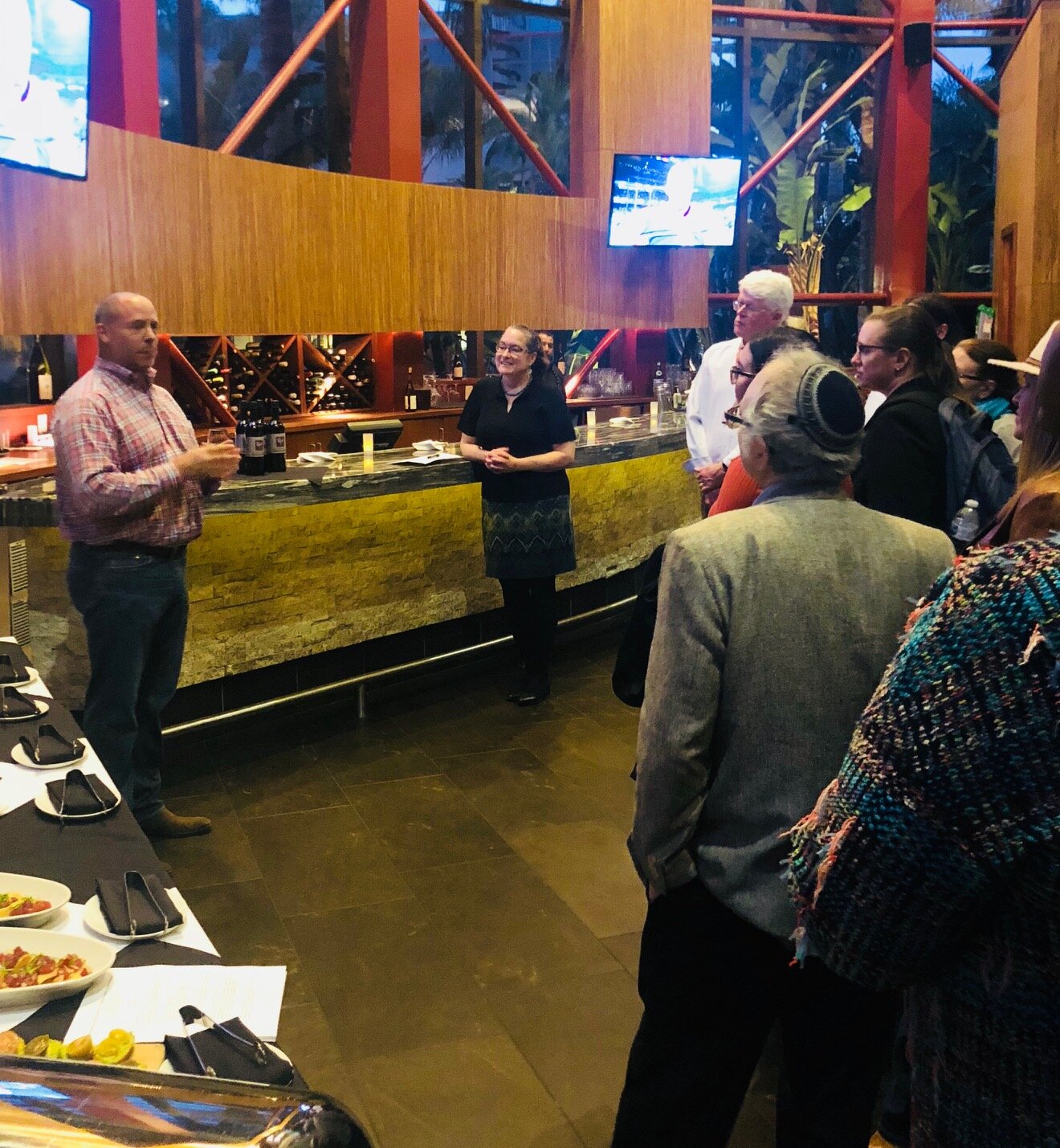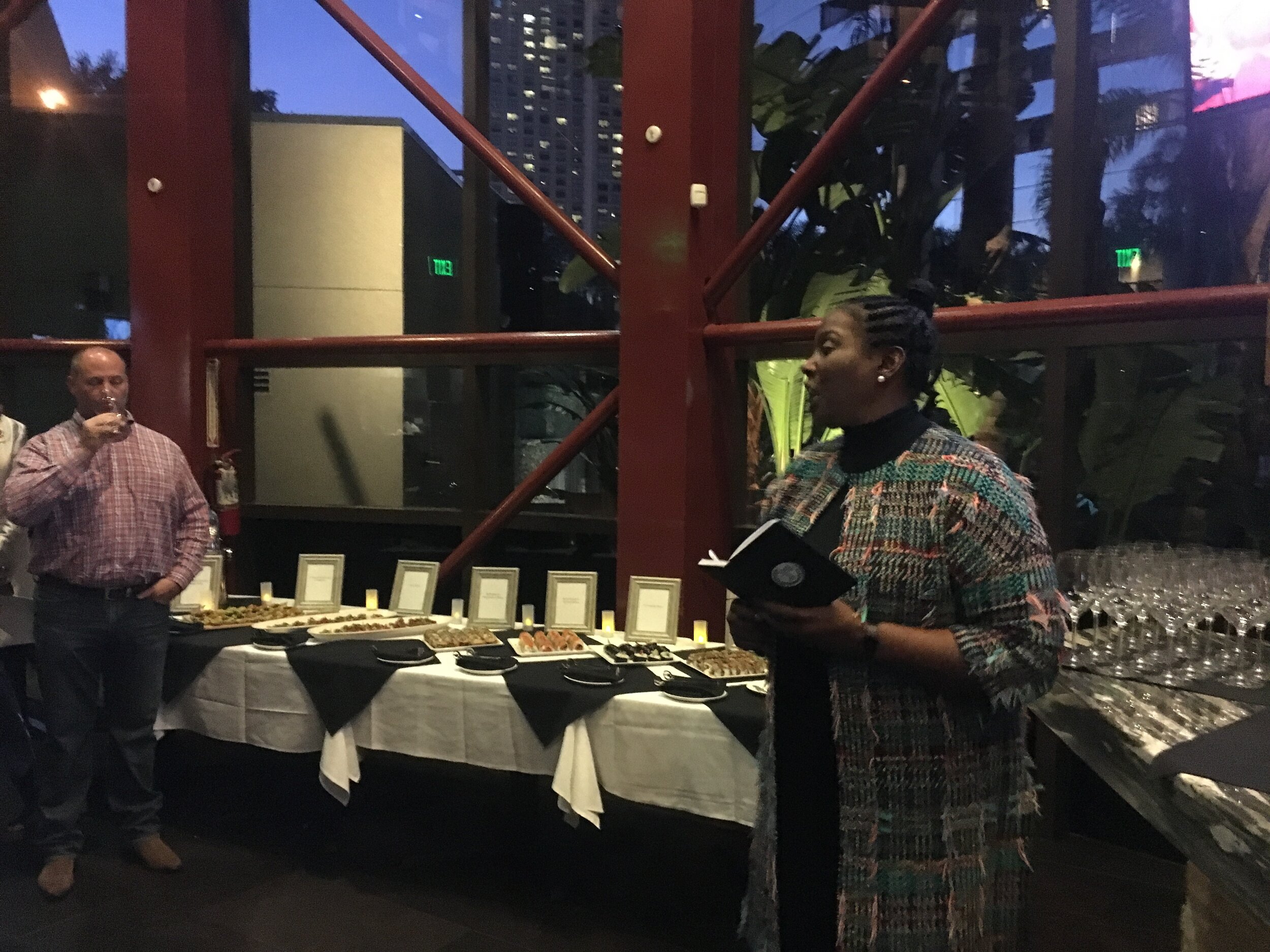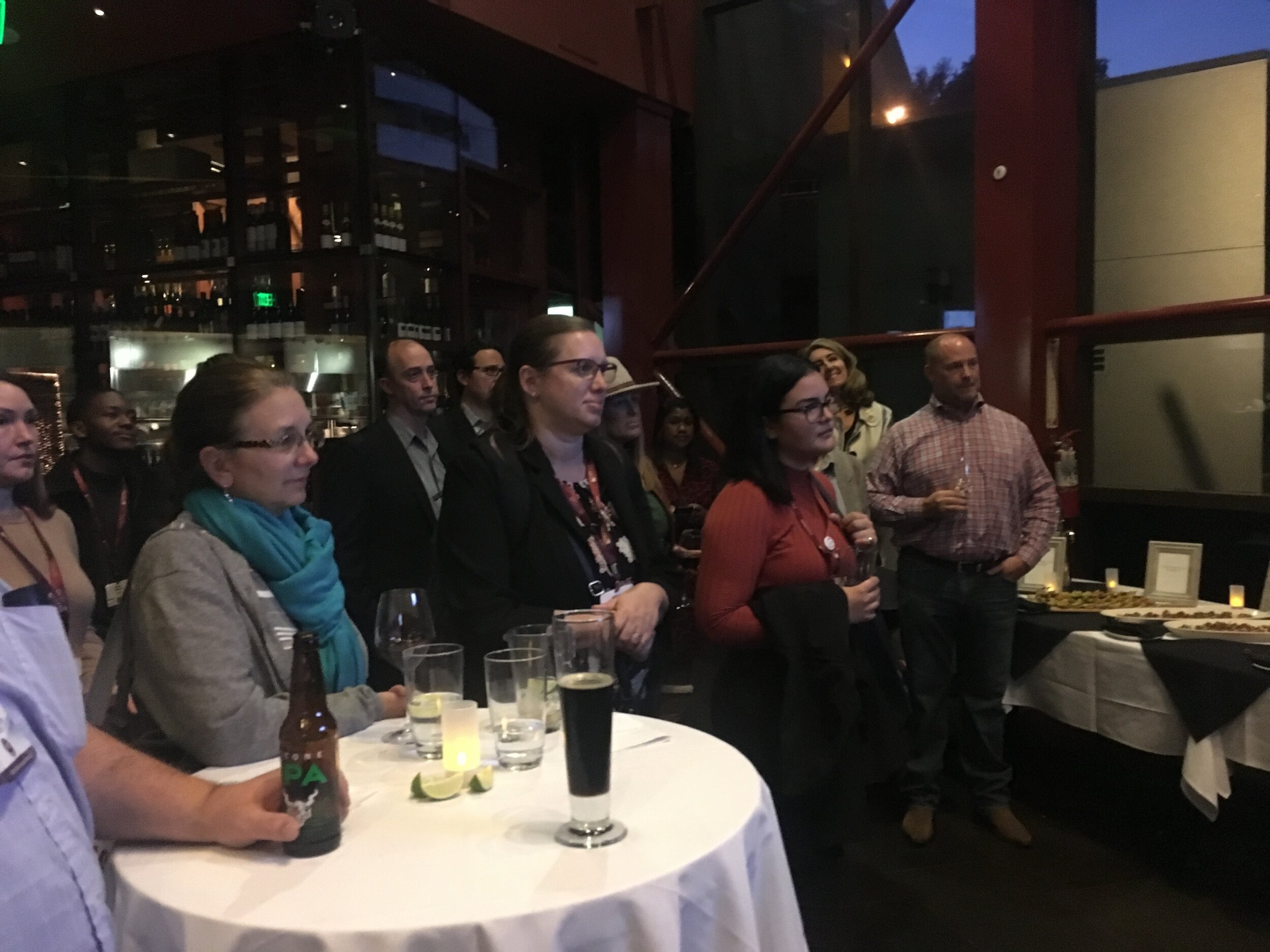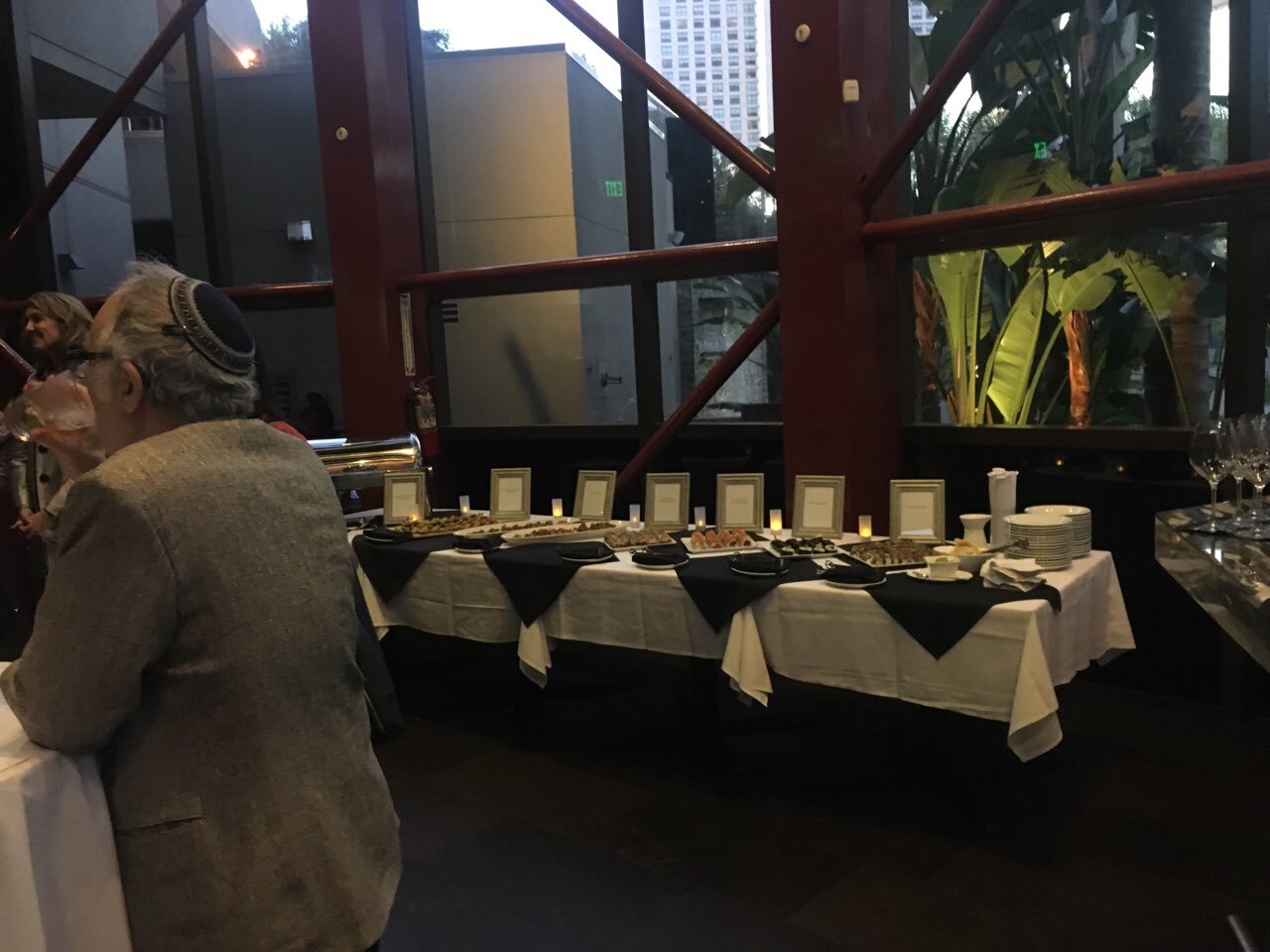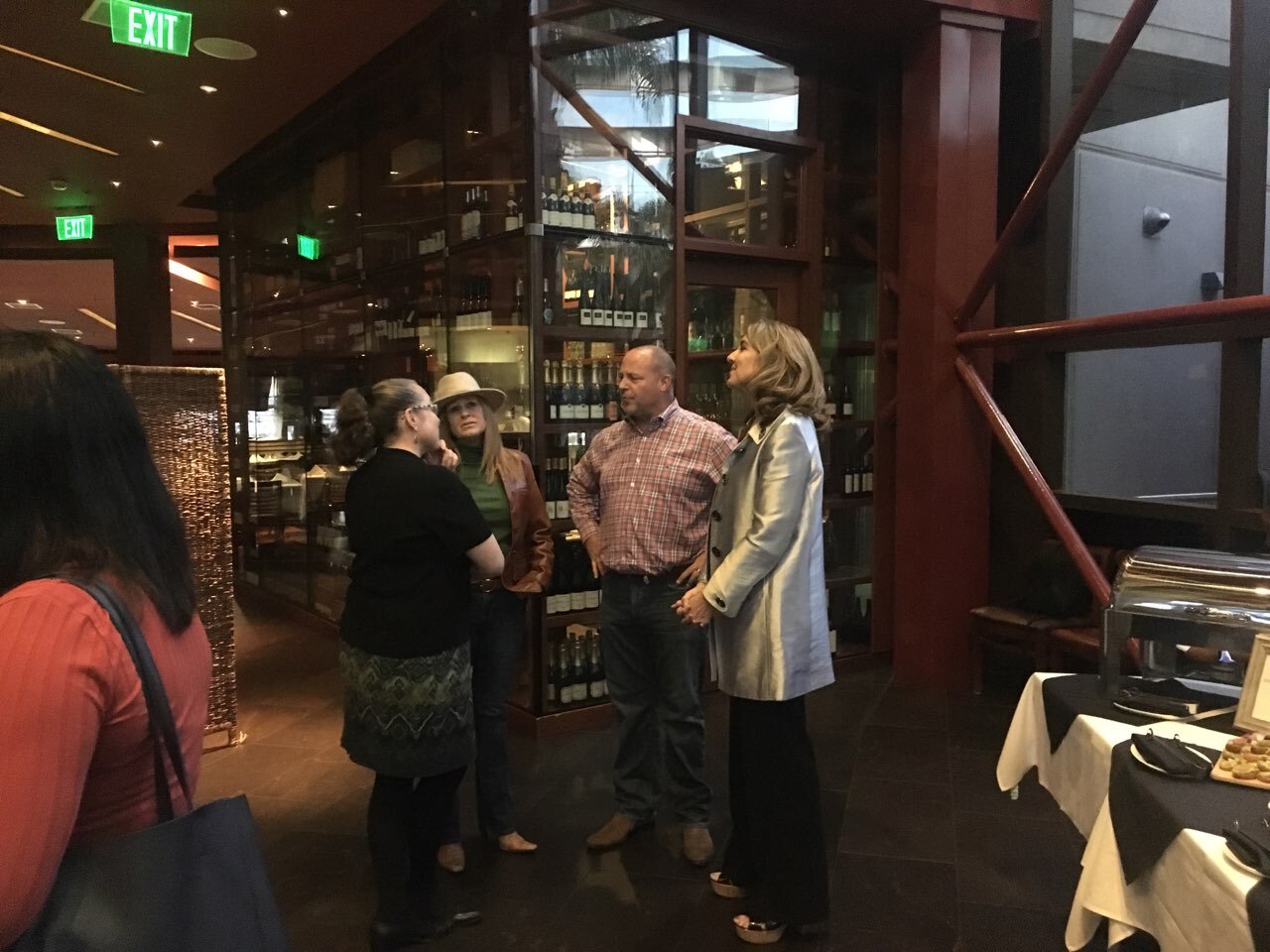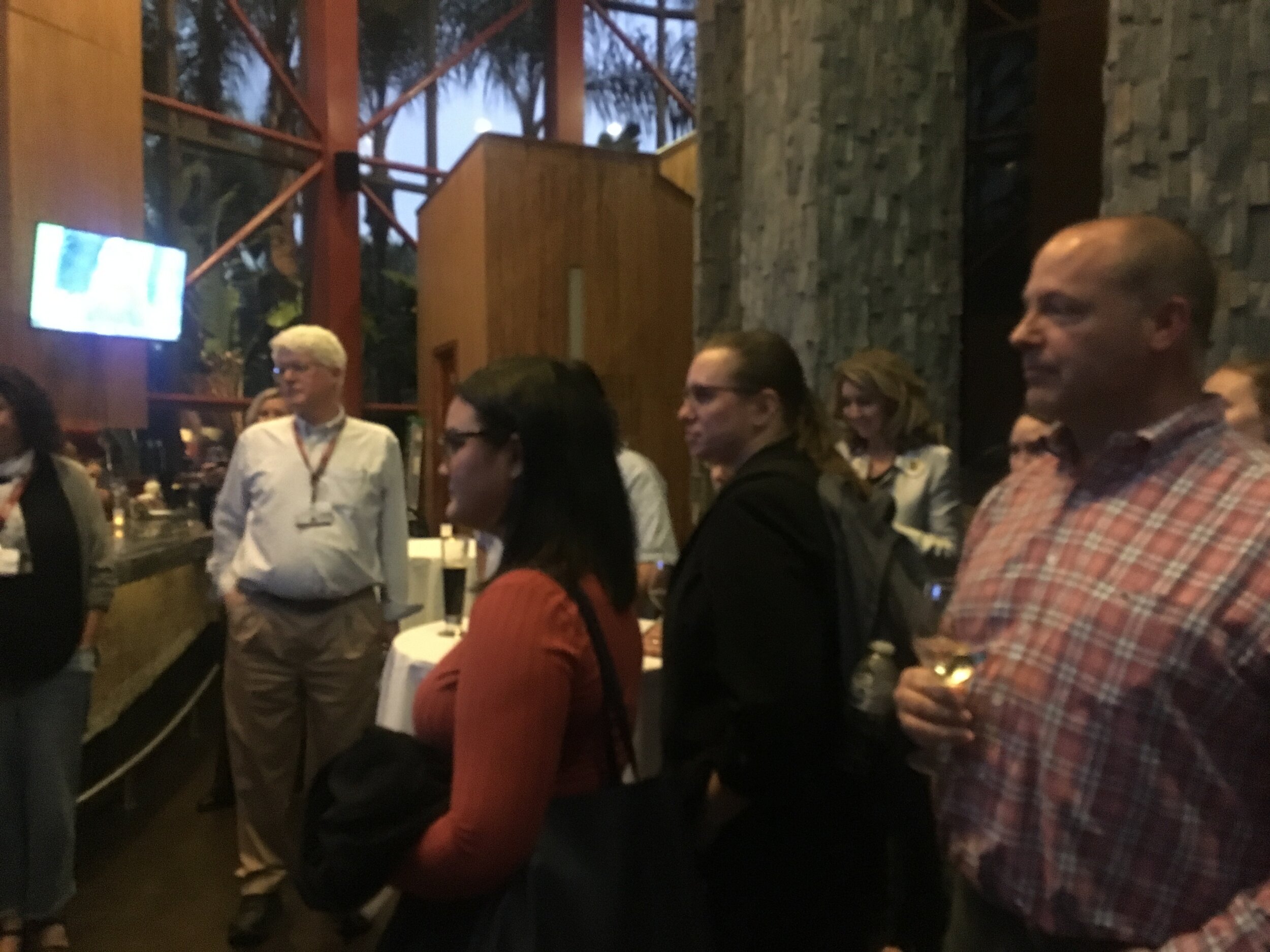AERIP Events
Freedom and Justice Conference, Summer 2023
The National Economics Association (NEA) and the American Society for Hispanic Economists (ASHE) invited our association to join and contribute to the planning and program of the annual Freedom and Justice Conference. We are grateful for the invitation and the opportunity to be an organizer of an interdisciplinary social justice conference. The conference attracts a small number of scholars and activists dedicated to discussing pressing economic problems and their solutions for communities of color. The theme of this year’s event was “Freedom and Justice: By/For/With Our Communities.” The conference took place at Haskell Indian Nations University on August 11 and 12, 2023. The location itself was a meaningful component of the conference. As Dan Wildcat, our host at Haskell stated during the opening conference panel discussion, Haskell has, “a story of attempted erasure but also a story of survival, perseverance, and revitalization, and now a story of hope.” We would like to thank Nina Banks (Bucknell University, Professor, and Founder/Organizer of this conference) and Jeannette Wicks-Lim (University of Massachusetts at Amherst) for leading the planning efforts. We also would like to highlight the contributions of Miriam Jorgensen, AERIP’s past president, who proposed and secured the location for the conference and who contributed generously to many components of the planning process. The conference was made possible by the generous support of the Indigenous and American Indian Studies program at Haskell Indian Nations University (our host institution), the National Congress of American Indians, the Institute on Race, Power, and Political Economy, the Federal Reserve Bank of Kansas City, the University of Missouri Kansas City, Department of Economics and Office of the Dean of the School of Humanities and Social Sciences, and the Washington Center for Equitable Growth. There were many important discussions and presentations in the conference. Dr. Samuel Myers, Jr. gave the William E. Spriggs Memorial Lecture and provided an important historical perspective of the origins of the AEA, its early presidents and their connection to racial hierarchy and anti-Black and anti-Indigenous bias. It was a powerful presentation and an important reminder that the founding of many of our institutions and organizations have a tainted not-too-distant past.
Below, we highlight the agenda items that focused on Indigenous issues:
Indigenous Issues of Justice: Past, Present, and Future through the Eyes of Haskell Faculty
Indigenous issues of justice span nearly every aspect of the lives of Indigenous Peoples and their Nations. The institutionalized and structural features of the injustices facing the Tribal Nations of the USA are deeply rooted. A myriad of injustices speaks to the continued marginalization, exoticization, and misunderstanding of our histories and Peoples - past, present, and future. From the legacies of boarding schools and the contemporary challenge of missing and murdered Indigenous women to health, housing, education, and environmental disparities, justice remains elusive but stands at the center of what we - First Peoples of this land - strive to attain. This panel of Haskell faculty and a Lawrence community member shared a few of the issues facing Indigenous Peoples as seen through the eyes of members of the Haskell Indian Nations University learning community. Moderator: Daniel R. Wildcat, Professor, Haskell Indian Nations University and the founder of Haskell Environmental Research Studies internship program
- Eric Anderson, Haskell Indian Nations University
- Matthew Rosenthal, Haskell Indian Nations University
- Sierra Two Bulls, Haskell Indian Nations University
- Uros Petrovic, Haskell Indian Nations University
Economic Development in Indigenous Communities
Place-Based Economic Development and Long-Run Firm Employment and Sales: Evidence from American Indian Reservations
- Randall Akee, University of California, Los Angeles
- Joseph Aguilar-Bohorquez, University of Minnesota
- Elton Mykerezi, University of Minnesota
Theorizing and Operationalizing Neocolonial Financialization (NcF) in Indigenous Sovereign Nations
- Johnny Valdez, University of Denver
Blood and Black Gold: Natural Resource Extraction and Violent Crime on American Indian Reservations
- Laura Sikoski, Montana State University-Bozeman
Wealth Distribution and Inequality
Indigenous Wealth in the Early 20th Century
- Donn Feir, University of Victoria & IZA
- Maggie Jones, Emory University
- Angela Redish, The University of British Columbia
Access to Banking and Credit
Connecting to Credit and Capital: An Overview of the Native CDFI Industry
- Valentina Dimitrova-Grajzl, Department of Economics and Business, Virginia Military Institute
- Peter Grajzl, Department of Economics, Washington and Lee University and CESifo, Munich, Germany
- Joseph Guse, Washington and Lee University
- Michou Kokodoko, Community Development & Engagement, Federal Reserve Bank of Minneapolis
- Laurel Wheeler, Center for Indian Country Development, Federal Reserve Bank of Minneapolis
Research, Policy and Practice from the Federal Reserve System
Moderator: Steven Shepelwich, Senior Community Development Advisor, Federal Reserve Bank of Kansas City
Spillovers of Tribal Enterprises: Evidence from Casino Reopenings
- Elliot Charette, Federal Reserve Bank of Minneapolis and University of Minnesota
- Matthew Gregg, Federal Reserve Bank of Minneapolis
- Alice Tianbo Zhang, _Washington and Lee University
Labor Market Disparities
Labor Market Participation Trends and Solutions for Moving Toward Full Employment for American Indian/Alaska Natives and Their Communities
- Britnee Johnston, Native Nations Institute, University of Arizona
- Kyra James, Native Nations Institute, University of Arizona
AERIP Inaugural Reception at the 2020 Allied Social Sciences Meeting in San Diego, CA
On Saturday, January 4th 2020, the Association for Economic Research of Indigenous Peoples (AERIP) had its inaugural reception at Roy’s Restaurant in San Diego. The reception coincided with the annual meeting of economists at the Allied Social Sciences Association meetings. The AERIP reception was sponsored by the Sycuan Institute on Tribal Gaming at San Diego State University.
Dr. Miriam Jorgensen, AERIP President, welcomed the crowd at Roy’s. She also introduced Dr. Katherine Spilde, the Endowed Chair of the Sycuan Institute on Tribal Gaming in the L. Robert Payne School of Hospitality & Tourism Management at San Diego State University, who has been a tremendous supporter of AERIP and our activities. Dr. Spilde introduced Adam Day, the Chief Operating Officer of the Sycuan Band of Kumeyaay Nation. Mr. Day also welcomed the assembled AERIP members and others to San Diego and explained some of the history and successes of the Sycuan Band including the purchase of the U.S. Grant Hotel in downtown San Diego.
Dr. Randall Akee, AERIP President-Elect, introduced Dr. Lisa Cook, Associate Professor of Economics at Michigan State University and a former President of the National Economics Association (NEA). Dr. Cook spoke about the leadership that organizations such as NEA and the American Society of Hispanic Economists (ASHE) have shown in regard to expanding the field of economics in terms of students, faculty and research. Dr. Cook also noted that the NEA was celebrating its 50th anniversary this past year. Both NEA and ASHE have been strong supporters of the establishment of AERIP.
Finally, Dr. Valentina Dimitrova-Grajzl, AERIP’s Secretary, spoke about the AERIP activities, website, course syllabi and the membership drive. She explained that in order to be a member of the Allied Social Sciences Association, the AERIP has to show that it has been in existence for at least three years, indicate activities and have a membership of at least 300. In the future, we will be employing some membership drives to increase our membership which currently stands at around 90 members.
Once the formal program was concluded, the participants and speakers ate some delicious appetizers and mingled. We had an attendance of approximately 30 people and had representation from Canada, Australia, and the U.S.
